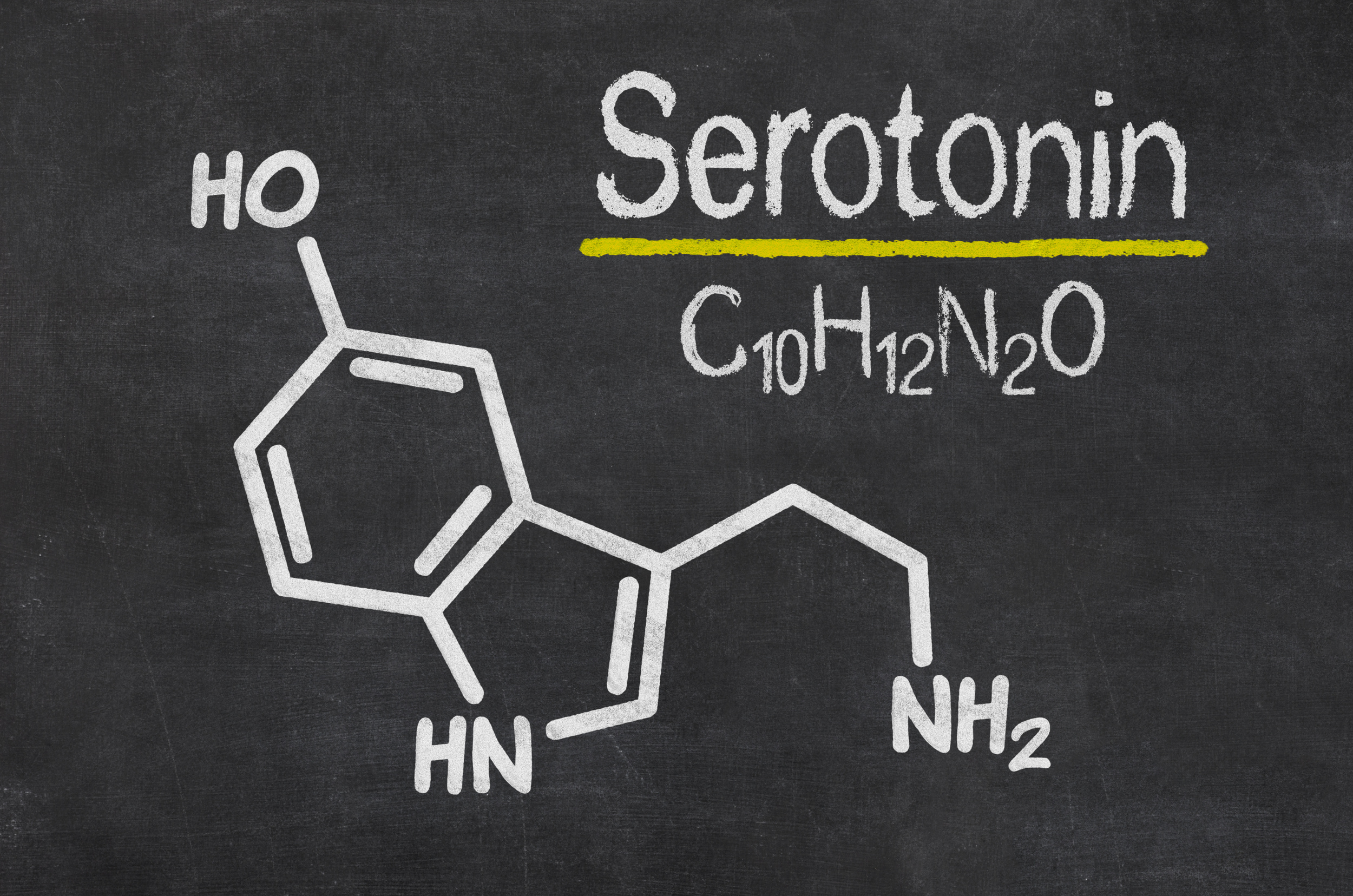I had a request from a client to talk about guilt in my next blog, and after our session, my mind cannot stop going over a comment that he made. While I was explaining how it is more beneficial to the body to eat any kind of meal without guilt, even if what you were eating wasn't necessarily the best choice, his response was: "But I just like guilt so much".  I was shocked at first and then in awe. At first I couldn't understand how anyone could possibly like guilt until he explained his "light saber story". His son was playing in the living room with his new light saber that he got for Christmas when all of a sudden, the toy swung and hit my clients very big and expensive flat screen tv. The screen cracked and the tv was ruined. Because his son knew better than to be playing by the tv, my client was obviously fairly agitated (for lack of a better word), at the whole situation. They went and bought a new tv but a couple of times a day, my client would say to his son "do you like the new tv, isn't it nice"? He said that this approach works because it makes you feel bad so you won't do whatever you "shouldn't" have done again.
I was shocked at first and then in awe. At first I couldn't understand how anyone could possibly like guilt until he explained his "light saber story". His son was playing in the living room with his new light saber that he got for Christmas when all of a sudden, the toy swung and hit my clients very big and expensive flat screen tv. The screen cracked and the tv was ruined. Because his son knew better than to be playing by the tv, my client was obviously fairly agitated (for lack of a better word), at the whole situation. They went and bought a new tv but a couple of times a day, my client would say to his son "do you like the new tv, isn't it nice"? He said that this approach works because it makes you feel bad so you won't do whatever you "shouldn't" have done again.
If anyone grew up in the 90's or earlier (or even today), you've probably been raised with the guilt approach. I'm not trying to be mean or say parents were bad parents, I'm just being honest. Most people, including myself, grew up with our parents using guilt on us, and it's not their fault...it's their parents fault, and their parents parents fault, and so on. This is a very well acquainted approach to problem solving that actually doesn't work as well as we thought it would.
"Eat all of your food, there's starving kids in the world that would love the food that's left on your plate".
"I made this specially for you and you won't even have a taste"?
"That's all you're going to eat?! I spent all day cooking this meal and there are lots of leftovers".
These statements may all seem harmless but what they really say is "I don't know how to get what I want from you, so I choose to use guilt in order to make you do, or act, like I do". My client used guilt on his son (and yes, he is totally fine with letting me ere his laundry), because guilt was used on him as a child and in his mind, it worked. But I questioned him and asked, "did it really work"?
Guilt uses negative willpower to try to force us into changing. It pushes us instead of draws us towards what we want, and it uses fear instead of love and acceptance. When it comes to the way we eat, when guilt is present, our metabolisms are directly affected. Guilt creates an environment of stress because the more guilt we have, the more we focus on how bad of a person we think we are. When the body is under stress, all of its vital functions to promote life and healing are inhibited by the fight or flight response (which we talked about in week 2). Not only are we under stress now, with feelings of low self-worth and inadequacy, but our "happy hormones", like serotonin and dopamine are at an all time low.  When we have this hormonal irregularity, we instantaneously reach for things that we know will heighten it as soon as possible. What elevates those hormones the quickest and easiest? Sugar, or refined carbs that turn into sugar. And as we eat our sugar, fat-laden "comfort" foods, we eat it with a heaping pile of guilt, which in turn, keeps our metabolism depressed even further and leads us, yet again, to eating even more. And thus, the cycle of guilty eating continues.
When we have this hormonal irregularity, we instantaneously reach for things that we know will heighten it as soon as possible. What elevates those hormones the quickest and easiest? Sugar, or refined carbs that turn into sugar. And as we eat our sugar, fat-laden "comfort" foods, we eat it with a heaping pile of guilt, which in turn, keeps our metabolism depressed even further and leads us, yet again, to eating even more. And thus, the cycle of guilty eating continues. 
As a human being, you will have to eat. If you don't, you will eventually die. If we know that life comes with constant change in every area, especially our diet, and we know that we may not always make the best choices for what we eat, then wouldn't it be better for our overall metabolisms to let go of guilt when we sit down for our meals. You choose to eat what you will eat, and whatever your choice is, is your choice. If you are eating foods that hinder your body, assess why you're eating them and what effects they have on your body once consumed. Note your energy levels, your feelings of satiety, and anything else the meal might have affected. If the meal you ate didn't help you in life, recognize that and move on. When you allow yourself to first eat, then assess the responses that food gave you, your body will naturally draw away or move towards that specific food again. You will begin to subconsciously choose foods that give you energy, mental clarity, or foods that will fully nourish you. There is no advantage to eating your food with guilt, unless you'd like to develop an eating disorder.
 Your mission, should you choose to accept it, is to eat every meal this week completely guilt free. This may be challenging for some of you, but decide within yourself to not only eat, but to eat and live.
Your mission, should you choose to accept it, is to eat every meal this week completely guilt free. This may be challenging for some of you, but decide within yourself to not only eat, but to eat and live.